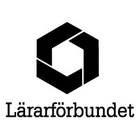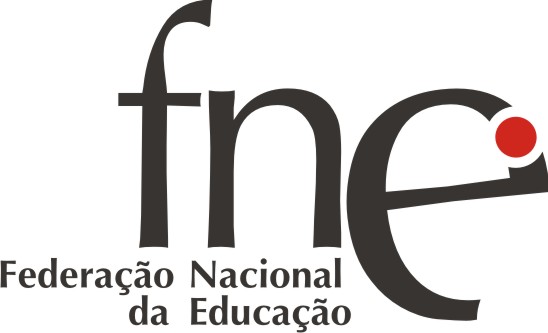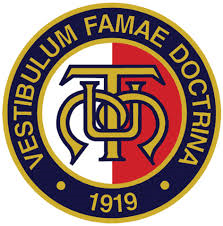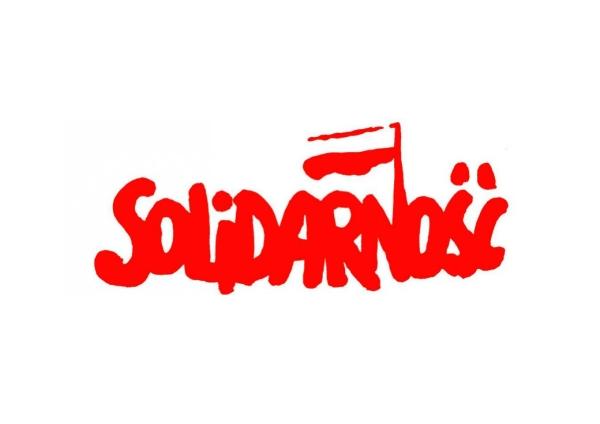Improving Expertise on Teachers' Work-Related Stress (2007)
The safety and health of teachers is a priority of ETUCE. ETUCE believes a school should be a safe, healthy and propitious place for teaching and learning. Schools are the workplace of teachers, but first and foremost they are educational institutions for young students. Occupational health and safety problems can thus be harmful not only for the workforce (teachers and other staff in education), but can indirectly harm the pupils and put at risk the quality and efficiency of the education provided.

Related topics
Description
The first ETUCE project on teachers work-related stress, titled "Improving expertise on teachers' work-related stress and assisting ETUCE member organisations in implementing the European Framework Agreement on work-related stress" had as an aim to improve expertise and to exchange information and best practices on teachers' work-related stress, as well as to support teacher unions on the implementation of the European Framework Agreement on work-related stress. During this first project, carried out in 2007, a survey was performed in order to identify teachers' stressors and stress indicators in schools, the regulation and implementation of risk assessment systems in schools, and the awareness and implementation of the European Framework Agreement at national level. In total, 38 unions responded from 27 countries. Some unions represented teachers in more than one of the three levels of education. 32 respondents were from unions that are organised in the primary level, 30 from the secondary level and 22 from vocational education.
A seminar took place (Ljubljana on 21st and 22nd September 2007) in order to discuss the results of the survey among member organisations. Relevant speakers such as Tim Tregenza, from the European Agency for Safety and Health at Work or Jorge Costa-David, from the European Commission made relevant contributions to our work.
Findings
The main stressors for teachers according to our affiliates were the following: workload/working intensity; role overload, increased class size per teacher. All these stressors appear to be related to management of schools and issues such as working time arrangements, content of tasks, division of tasks, etc.
Regarding the existence and implementation of risk assessment systems on work-related stress in schools this issue was regulated in 14 countries. However, its real implementation within schools seemed to be only integrated in Bulgaria, Croatia, DK, Estonia, Finland, Slovakia and Sweden. A general lack of school leadership awareness or support was reported in most cases.
Concerning the degree of awareness and implementation of the European Framework Agreement, 68% of our members reported to acknowledge the content of this agreement.
A booklet on the implementation of the European Framework Agreement was also drafted, giving advice and explanation to ETUCE member organisations on its implementation. Finally, an ETUCE Action Plan on teachers' work-related stress containing the future policy guidelines on how to work on this issue was elaborated. Both documents were presented for discussion among member organisations during our final project conference which took place in Malta on 19th and 20th November 2007.
Advisory Group






-Lärarförbundet (Sweden)
-Gewerkschaft Erziehung und Wissenschaft, GEW (Germany)
-Federação Nacional dos Sindicatos da Educação, FNE (Portugal)
-Education and Science Trade Union of Slovenia, ESTUS (Slovenia)
-Malta Union of Teachers, MUT (Malta)
-National Education Section NSZZ "Solidarność" (SKOiW "Solidarność") (Poland)
 This project has been carried out with the financial support of the European Commission
This project has been carried out with the financial support of the European Commission